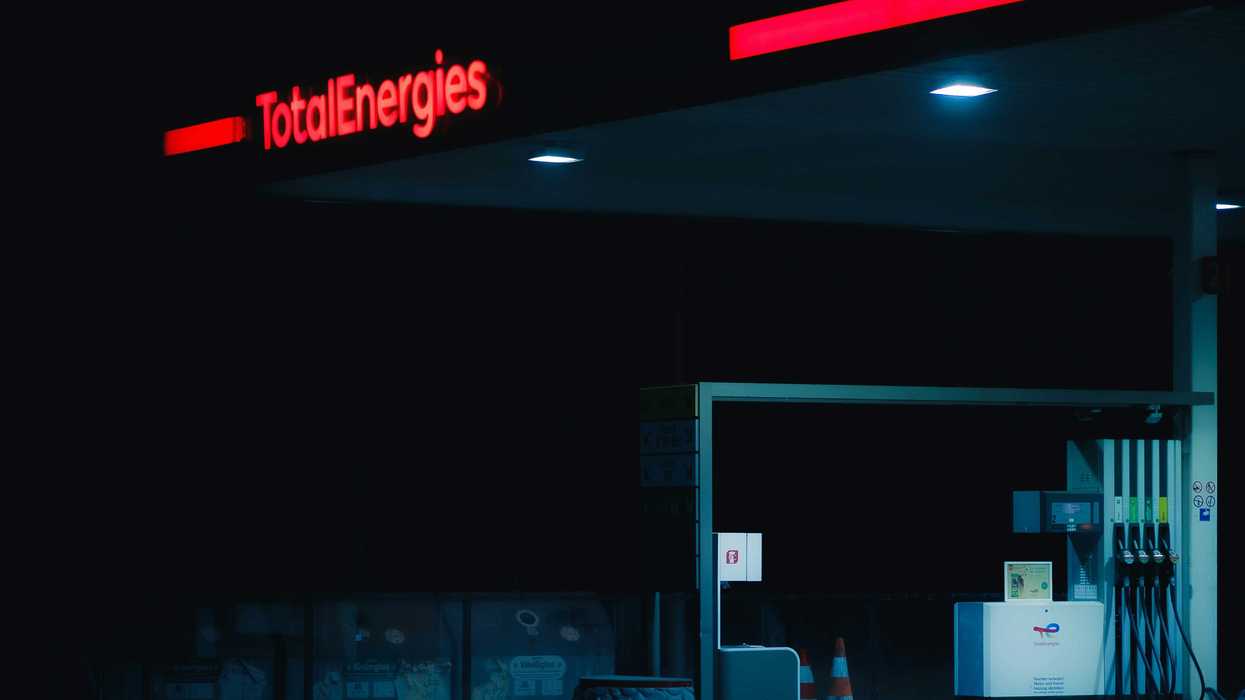Replacing toxic lead pipes with polyvinyl chloride (PVC) alternatives is raising alarms among advocates who point to evidence that the plastic may pose its own health risks by leaching chemicals into drinking water.
Amudalat Ajasa reports for The Washington Post.
In short:
- The Biden administration's rule to replace lead pipes nationwide has spurred a debate over PVC, a cheaper and more durable option linked to potential health risks, including cancer-causing vinyl chloride.
- Experts disagree on whether chemicals from PVC pipes leach into drinking water, but some studies suggest hundreds of chemicals can seep out, especially in new pipes.
- Environmental advocates warn PVC could become another public health crisis, pointing to outdated regulatory testing standards and uncertain long-term safety.
Key quote:
“These chemicals do not stay in the plastic. They don’t stay in the PVC, and they can easily leach into water.”
— Martin Wagner, toxicologist and biology professor, Norwegian University of Science and Technology
Why this matters:
While lead pipes are a well-known hazard, PVC's use as a replacement raises questions about trading one risk for another. For now, communities are left to weigh the potential risks and costs.
More from EHN:
US lead pipe replacements stoke concerns about plastic and environmental injustice
America is replacing its pipes: Is ductile iron pipe a good alternative for plastic?














